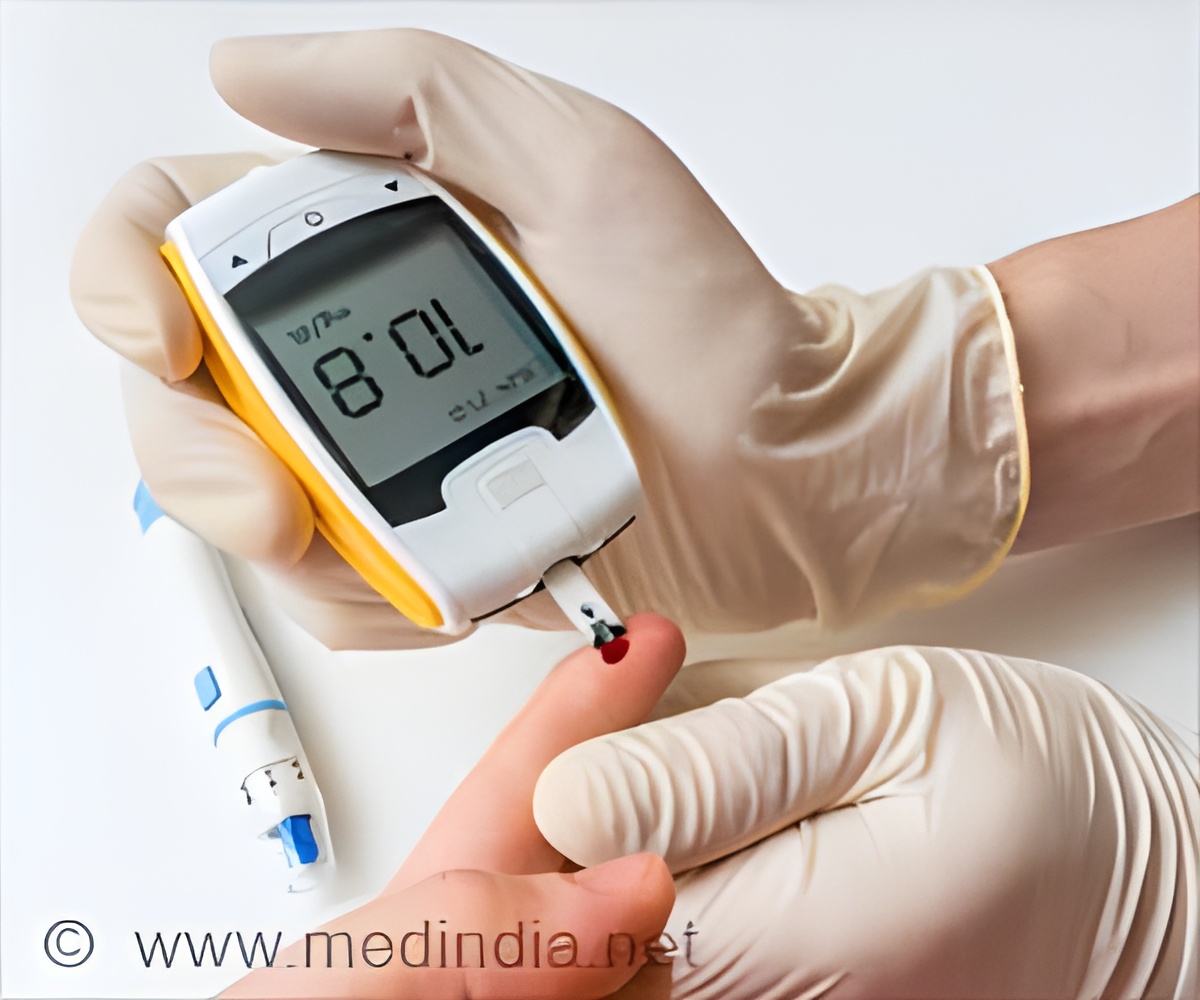
‘According to the Centers for Disease Control and Prevention (CDC), gestational diabetes affects an estimated 2 - 10% of pregnancies in the United States.’
Tweet it Now
The American College of Obstetricians and Gynecologists (ACOG) recommends that all pregnant women be screened for GDM. According to ACOG, routine screening for GDM should take place at 24 to 28 weeks gestation with earlier screening (at the initial prenatal visit) in women with certain risk factors, including obesity. To date, however, there have been no randomized control trials (RTC) that demonstrate early screening in obese women results in improved birth outcomes.
In the study, 959 obese pregnant women were randomized to two groups. The first group was screened between 14 - 20 weeks. The second group was screened at 24 - 28 weeks. A variety of birth outcomes were examined, including the rate of cesarean delivery, shoulder dystocia, hypertension, macrosomia, neonatal hypoglycemia, neonatal hyperbilirubinemia and more.
"The only notable difference between women in the early screening group and those in the routine screening group was an increase in the use of insulin in the early screening group," said Lorie M. Harper, MD, MSCI, lead author of the abstract and associate professor at the University of Alabama at Birmingham. While there are no significant harms associated with insulin use in pregnancy, it can be painful to inject and costly.
"Our study results suggest that early screening in obese women is not beneficial," said Harper. "Since this the was the first of its kind, additional studies are needed to assess early screening in a large, diverse population and the best screening thresholds to use early in pregnancy."
Source-Eurekalert









